Ethiopia
Ethiopian Prime Minister Abiy Ahmed on Thursday defended his government and the country's armed forces against accusations of negligence following a series of grisly massacres recently in a restive region.
Hundreds of people -- mostly ethnic Amhara-- were killed in recent weeks in two separate attacks in western Oromia, the country's most populous region, and one roiled by ethnic violence in recent years.
Questioned by lawmakers about the recent bloodshed, Abiy praised Ethiopia's security forces and said the government was working around the clock to protect civilians.
"The killings that have happened in Ethiopia should not be considered - as some are describing -- to be due to negligence, that it is because the government didn't do its job, or that government does not uphold its responsibility," he said.
"This government is trying to protect its citizens 24 hours a day."
The lawmakers were dwelling on the lives lost instead of those saved, he said, calling on parliament to recognise the honour and bravery of the country's troops.
"It should be understood that our armed forces are sacrificing their lives daily," Abiy said.
The government has blamed the Oromo Liberation Army (OLA) for the massacres on June 18 and July 4 of mostly ethnic Amhara in Qellem Wollega and West Wollega, claims the rebel group has denied.
No official death toll has been established.
On June 30, a spokeswoman for Abiy said 338 victims of the initial massacre had already been identified.
The African Union Commission called for an investigation into the killings and urged the government of Ethiopia to ensure the protection of all civilians by preventing such atrocities in future.
Abiy told lawmakers the OLA could be "eradicated" by stepping up military efforts to degrade the militants active in Oromia since 2018.
The group is classified as a terrorist organisation by Ethiopian authorities.
On Wednesday, Ethiopian lawmakers announced a committee to investigate "inhumane" acts against civilians, mentioning Oromia but making no direct reference to the reported massacres in recent weeks.
Inter-ethnic violence has been on the rise in recent months in Oromia, but the situation has until now largely been overshadowed by the conflict between federal forces and the Tigray People's Liberation Front (TPLF) that erupted in November 2020.




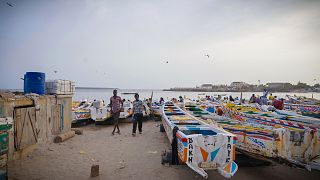

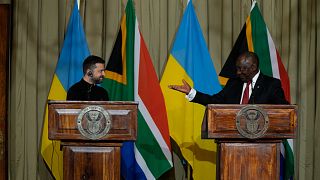
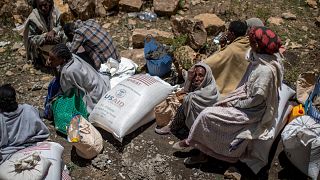
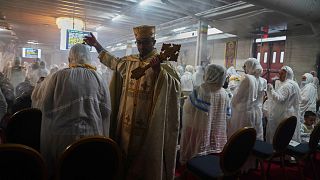
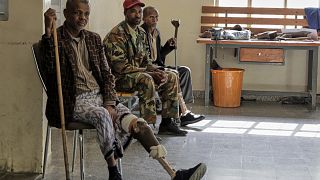
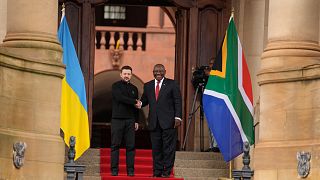

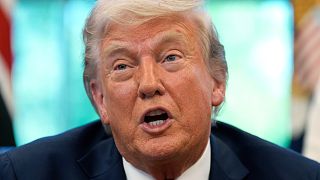
Go to video
Ethiopians mark Easter with calls for peace and love amid ongoing conflict
Go to video
Lt. Gen. Tadesse Werede named the new interim president of the Tigray region
Go to video
Court allows case of promoting Ethiopia violence against Facebook to proceed
Go to video
Ethiopia’s PM urges Tigray to nominate new leader
01:46
Ethiopia: HIV infections soar in post-war Tigray
Go to video
Ethiopia: Abiy Ahmed dismisses war possibility with Eritrea amid rising fears